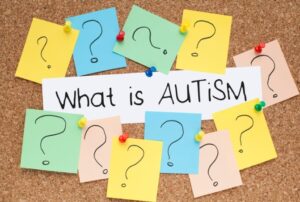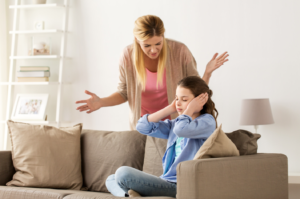Introduction: A Story About Jack
Jack is a 5-year-old boy who has been diagnosed with autism. He loves watching spinning windmills but doesn't like talking to other kids. Whenever his mom buys him new toys, he only plays with certain ones while ignoring the rest.
Children like Jack have unique needs when it comes to sensory experiences, communication, and emotions. Choosing the right toys can help them grow and develop in a fun way.
So, what kinds of toys are best for children with autism? Let's explore some great options that are both enjoyable and beneficial.
1. Sensory Toys: Helping Kids Explore the World
Children with autism often react differently to sensory experiences. Some enjoy specific textures, while others may be sensitive to sounds or lights. Sensory toys can help them adjust to different stimuli.
Recommended Toys:
- Squishy Balls – Soft and squeezable, these balls help reduce anxiety.
- Water Beads – Colorful and fun to touch, they encourage sensory exploration.
- Spinning Light Toys – Great for kids who enjoy visual stimulation (but should be used in moderation to avoid overstimulation).
2. Social Interaction Toys: Encouraging Communication
Many children with autism find it hard to communicate with others. Interactive toys can help them practice social skills in a fun and engaging way.
Recommended Toys:
- Pretend Play Sets – Kitchen sets or doctor kits help children act out real-life situations.
- Simple Board Games – Games like puzzles or color-matching activities encourage interaction.
- Puppet Toys – Hand puppets allow kids to express emotions and practice conversations.
3. Fine Motor Skills Toys: Improving Hand-Eye Coordination
Some children with autism struggle with fine motor skills, such as writing, buttoning shirts, or using utensils. Toys that improve hand movements can be very helpful.
Recommended Toys:
- Building Blocks (e.g., LEGO) – Helps develop creativity, focus, and motor skills.
- Bead Stringing Sets – Strengthens hand coordination and patience.
- Magnetic Puzzles – Easier to handle than regular puzzles, reducing frustration.
4. Emotional Regulation Toys: Helping Kids Manage Feelings
Children with autism may feel overwhelmed by changes or communication challenges. Toys that promote emotional regulation can help them relax and feel secure.
Recommended Toys:
- Weighted Plush Toys – Soft and heavy stuffed animals provide comfort and a sense of security.
- Sensory Blankets – Soft textures help calm anxious feelings.
- Breathing Exercise Toys – Toys like bubble blowers teach kids how to regulate their breathing and stay calm.
5. Choosing the Right Toy for Your Child
Every child with autism is different, so parents should choose toys based on their child's interests and needs. Playing together can also strengthen the parent-child bond.
Tips for Choosing Toys:
- Observe what your child enjoys – Some kids love lights, while others prefer textures. Pick toys that match their preferences.
- Ensure safety – Avoid toys with small parts, sharp edges, or harmful materials.
- Avoid overstimulation – Some flashing or noisy toys may cause distress, so choose carefully.
Key Takeaways
Toys are more than just entertainment—they are tools that help children with autism learn, grow, and develop essential skills. From sensory toys to social and emotional development toys, each type offers valuable benefits. By selecting the right toys and playing together, parents can create a fun and supportive learning environment for their children.This guide aims to help parents find the best toys for their autistic children, making playtime both fun and educational!













